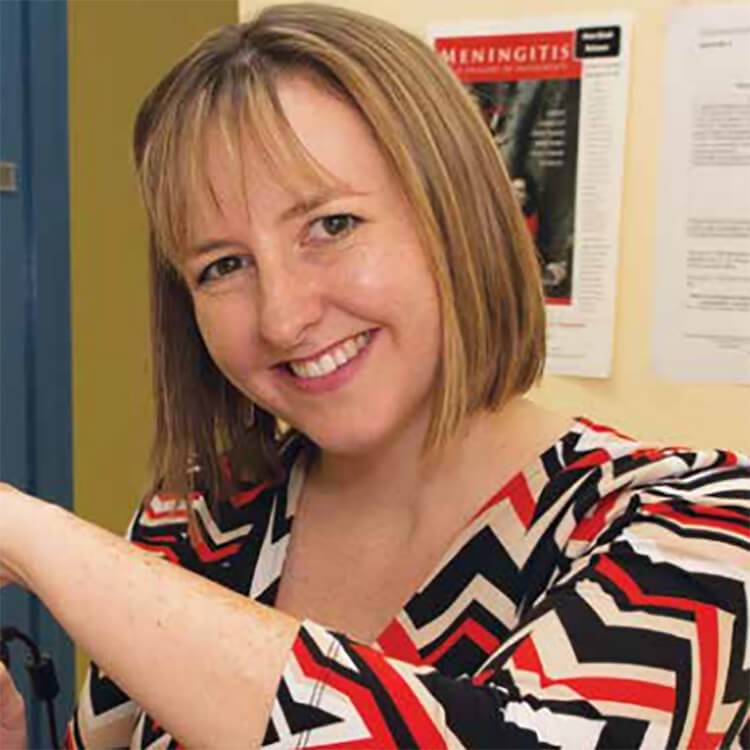Search
Research
‘I'm glad my baby has weaned so I don't need to make that decision.’ Understanding breastfeeding-related COVID-19 vaccine narratives on social mediaDuring the coronavirus disease 2019 (COVID-19) pandemic, the infodemic has been highly visible. Vaccine-related advice and evidence-based guidelines for breastfeeding women have lagged, and, at times have been contradictory and confusing. Breastfeeding is an important public health issue with long-lasting health benefits for infants and mothers.
Research
Biomarkers of vaccine safety and efficacy in vulnerable populations: Lessons from the fourth international precision vaccines conferenceVaccination has been a cornerstone of public health, substantially reducing the global burden of infectious diseases, notably evident during the COVID-19 pandemic caused by SARS-CoV-2.
Research
Biases in Routine Influenza Surveillance Indicators Used to Monitor Infection Incidence and Recommendations for ImprovementMonitoring how the incidence of influenza infections changes over time is important for quantifying the transmission dynamics and clinical severity of influenza. Infection incidence is difficult to measure directly, and hence, other quantities which are more amenable to surveillance are used to monitor trends in infection levels, with the implicit assumption that they correlate with infection incidence.
Research
Predictors of poor treatment outcomes among drug-resistant tuberculosis patients in Hunan province, ChinaDrug-resistant tuberculosis (DR-TB) is a significant public health concern, often resulting in poor treatment outcomes. This study aims to identify predictors of poor treatment outcomes among patients with DR-TB in Hunan Province, China.
Research
Improving the detection of congenital syphilis: reviewing test utility and adherence to recommendationsWestern Australia (WA) has experienced a resurgence of congenital syphilis. Appropriate microbiology testing of the neonate is recommended to confirm infection, including syphilis immunoglobulin M (IgM), rapid plasma reagin (RPR) paired with a maternal sample, and polymerase chain reaction (PCR) on placenta and nasal swabs.
Research
The Platform trial In COVID-19 vaccine priming and BOOsting (PICOBOO) booster vaccination substudy protocolCoronavirus-2019 (COVID-19) vaccination in Australia commenced in February 2021. The first vaccines recommended for use were AZD1222 and BNT162b2, both delivered as a two-dose primary schedule. In the absence of sustained immunity following immunisation, recommendations for booster vaccination have followed. It is likely that periodic boosting will be necessary for at least some Australians, but it is unknown what the optimal booster vaccines and schedules are or for whom vaccination should be recommended.
Research
Association between Congenital Anomalies and Late-Onset Bacterial Infections in Neonates Admitted to Neonatal Intensive Care Units in Australia and New ZealandCompromised neonatal intensive care unit neonates are at risk of acquiring late-onset infections (late-onset sepsis [LOS]). Neonates born with congenital anomalies could have an additional LOS risk.

People
Associate Professor Lea-Ann KirkhamCo-Head, Bacterial Respiratory Infectious Disease Group; Microbiology Lead, Wesfarmers Centre of Vaccines & Infectious Diseases


